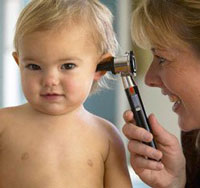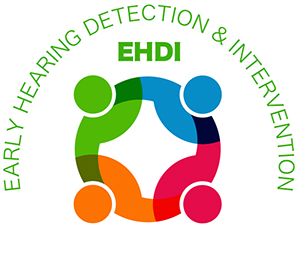Providers' Use of Coaching Behaviors in Telepractice

Presented by: Arlene Stedler-Brown
When: November 19th, 1:30 ET
Where: Adobe Connect
Abstract
The Individuals with Disabilities Education Act (IDEA) assures infants and toddlers with disabilities, and their family members, receive family-centered early intervention (FCEI). There is an extant body of evidence documenting the use of FCEI provider behaviors when therapy is delivered in the traditional in-person condition. In a recent research study, Dr. Stredler-Brown investigated the use of a different service delivery platform – telepractice – to deliver FCEI to infants and toddlers who are deaf or hard of hearing (DHH). Telepractice utilizes telecommunication technologies to deliver health-related services and information to support patient care and is provided from a distance to a client. In this exploratory study, Dr. Stredler-Brown investigated the potential of telepractice to enhance providers’ use of participatory-based FCEI behaviors. The results of the study review how often selected FCEI provider behaviors occur in the telepractice condition in contrast to the frequency of each behavior as it occurs in the in-person condition reported in the literature. Dr. Stredler-Brown also investigated the relationship between characteristics of providers (i.e., training discipline, experience with telepractice) and the providers’ use of FCEI behaviors. The findings from this study will be discussed in the context of the growing use of telepractice. If providers use similar amounts of FCEI behaviors in both in-person therapy and telepractice, there may be more support for the expanding use of telepractice.
Bio
Arlene Stredler-Brown, PhD, CCC-SLP provides consultation and technical assistance to programs working with infants, toddlers, and young children who are deaf or hard of hearing in the United States and internationally. She has graduate degrees in Speech/Language Pathology, Education of the Deaf/Hard of Hearing, and a doctoral degree in Special Education. Current research focuses on telepractice; she is the co-investigator for a Phase II Clinical Trial funded by the National Institutes of Health to study services delivered to young children who are deaf via telepractice. Since retiring from her position as Director of the Colorado Home Intervention Program (CHIP), Dr. Stredler-Brown continues to work with initiatives promoting evidence-based early intervention practices, the measurement of effective intervention and education options, and the use of individualized assessments and treatments. She publishes regularly on these topics. Dr. Stredler-Brown works as an adjunct professor at the University of British Columbia.


